UC Davis Comprehensive Cancer Center | Strategic Alliance Partners
Latest from UC Davis Comprehensive Cancer Center
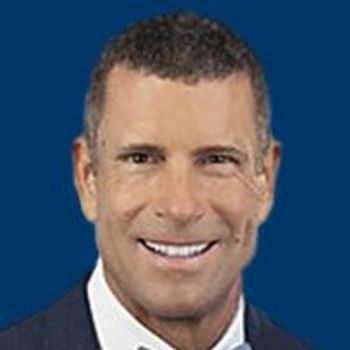
R. Lor Randall, MD, FACS, discusses the outcomes of combining surgery and pexidartinib in patients with tenosynovial giant cell tumors, what investigators still need to learn about sequencing the CSF1R inhibitor around surgery, and what the combination approach could mean for patients with TGCT.

Robert Lawrence Randall, MD, FACS, discussed the role of biological reconstructions as well as factors that determine whether a patient would benefit more from the reconstructions or traditional prosthetics known as endoprosthetics.
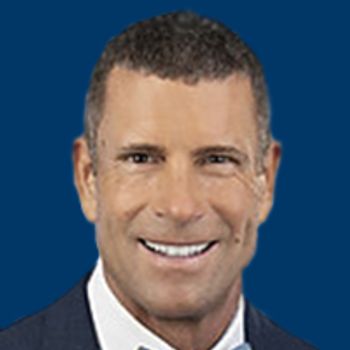
R. Lor Randall, MD, FACS, discusses the significance of addition of surgery to radiation therapy led to improved local control compared with radiation therapy alone in patients with localized pelvic Ewing Sarcoma.

Uproleselan, an agent that disrupts the interaction between leukemia cells and their protective E-selectin microenvironment, is a promising novel AML therapy that may increase the efficacy and durability of other AML treatments.
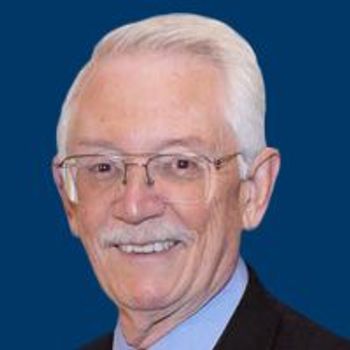
Center will serve as a hub for commercialization of promising cancer therapies.

Nicholas Stollenwerk, MD, discusses the real-world effects of robotic-assisted bronchoscopy on diagnosis and treatment for patients with lung cancer.

R. Lor Randall, MD, FACS, discusses the poor prognosis associated with recurrent pulmonary osteosarcoma, the data from the AOST1421 trial of dinutuxumab plus granulocyte-macrophage colony-stimulating factor, and the need for expanded treatment options in osteosarcoma.
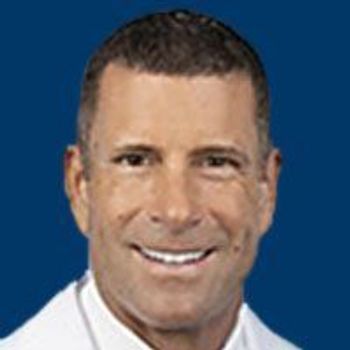
R. Lor Randall, MD, FACS, discusses the findings from a subset analysis of the PARITY trial on the timing of neoadjuvant chemotherapy in patients with lower-extremity sarcomas.
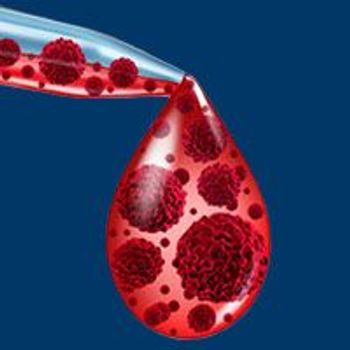
UC Davis cancer researchers hope new technology will help diagnose and treat melanoma more successfully.
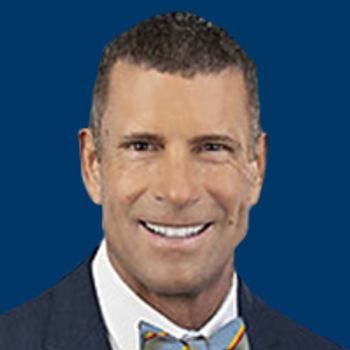
R. Lor Randall, MD, FACS, shares the successes achieved so far with machine learning in histopathology, explained the positive effect this technology can have on institutions, and advocated for further use of technology to aid treatment advances.
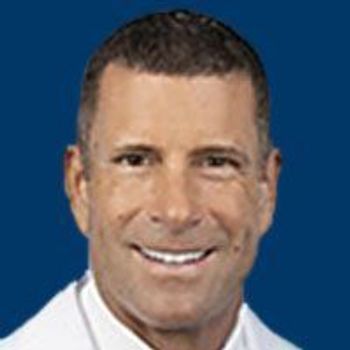
For patients with osteosarcoma or Ewing sarcoma who develop pathologic fractures, the prognosis remains poor; however, there is still the possibility for limb salvage therapy.

R. Lor Randall, MD, discusses takeaways from the American Academy of Orthopaedic Surgeons 2022 Annual Meeting.
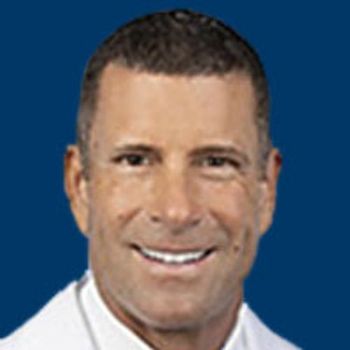
R. Lor Randall, MD, speaks to the findings from a report that said multiple sex-related, racial/ethnic, and socioeconomic status disparities are associated with an increased incidence of metastatic bone disease originating from cancers in the prostate, renal, colon, lung, and breast.
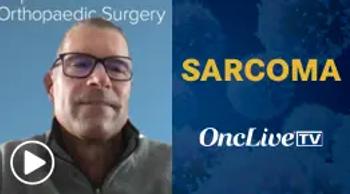
R. Lor Randall, MD, FACS, discusses methods of preventing early failures with compressive osseointegrative endoprosthetic devices of the femur in bone sarcomas.

The Board of Directors of the International Association for the Study of Lung Cancer is pleased to announce the appointment of Karen L. Kelly, M.D. to the position of Chief Executive Officer, effective Spring 2022.
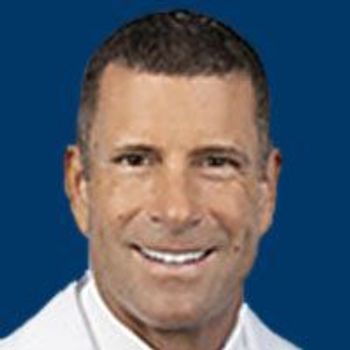
R. Lor Randall, MD, FACS, elaborates on the results of a study and provided insight into future research directions in Ewing sarcoma

R. Lor Randall, MD, FACS, discusses the evolution of limb salvage technologies in bone sarcomas.

R. Lor Randall, MD, FACS, the 10-year results of a retrospective analysis, potential strategies to mitigate early failures in recipients of compressive osseointegrative endoprosthetic devices, and the need for communication between medical oncologists and orthopedic surgeons to ensure patients on chemotherapy receive optimal care.
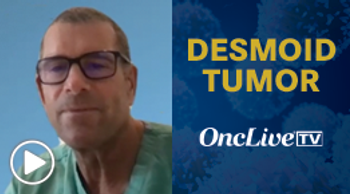
R. Lor Randall, MD, FACS, discusses initial considerations when treating patients with desmoid tumors.

The use of risk stratification in children and adolescent and young adult patients with synovial sarcoma is an essential approach to appropriately tailoring local and systemic therapy and avoiding overtreatment.
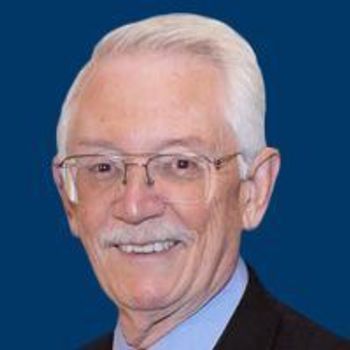
David R. Gandara, highlights key data regarding the earlier integration of targeted therapy in NSCLC, the growing role of molecular testing with tissue and liquid biopsy, and the importance of incorporating a multidisciplinary approach to patient care in the paradigm.
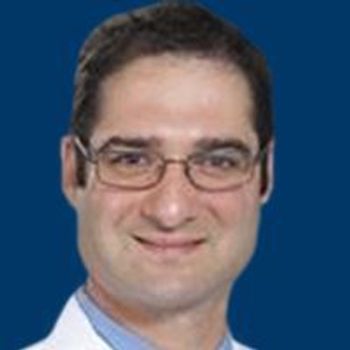
Pivotal trials, such as the phase 3 FLAURA trial with osimertinib in patients with EGFR-mutant non–small cell lung cancer NSCLC, have demonstrated the significant benefit yielded with targeted therapies.
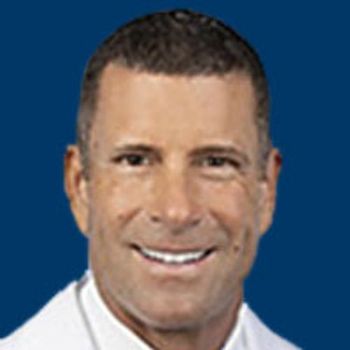
R. Lor Randall, MD, discusses survey results in detail and what the sarcoma community can do to overcome clinical trial enrollment barriers for adolescent and young adult patients.

Amputations were found to be associated with Hispanic ethnicity and male sex in patients with neoplasms of the foot.
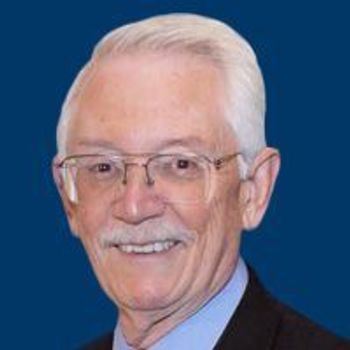
David R. Gandara, MD has been appointed chief medical officer of the International Society for liquid biopsy, an international non-profit organization dedicated to advancing the field of liquid biopsy in cancer diagnosis and management.

Osimertinib has emerged as the standard of care for patients with EGFR-mutated non–small cell lung cancer, but the need for novel agents is underscored as disease progression on the agent is inevitable.
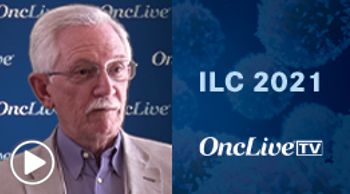
David R. Gandara, MD, discusses how minimal residual disease testing might be incorporated into lung cancer clinical practice.
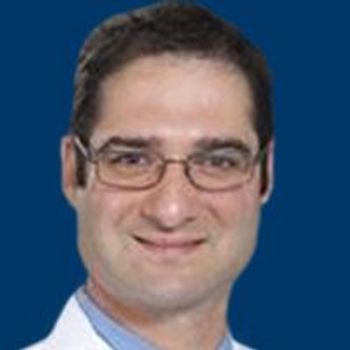
Strategies focused on improving the efficacy of the EGFR tyrosine kinase inhibitor osimertinib in the first line setting are the key to unlocking the next wave of success in treating lung cancer.
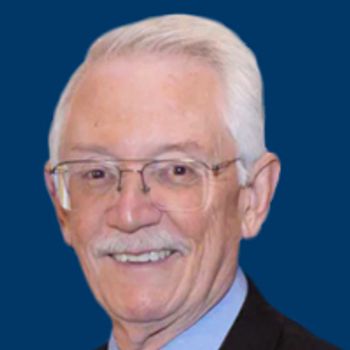
Although the predictive utility of minimal residual disease has yet to be fully realized in non–small cell lung cancer, it has the potential to guide treatment decisions in earlier lines of treatment, including the adjuvant setting.
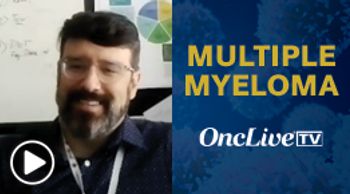
Aaron Seth Rosenberg, MD, MS, discusses the potential clinical implications of the phase 2 GRIFFIN trial in multiple myeloma.

























